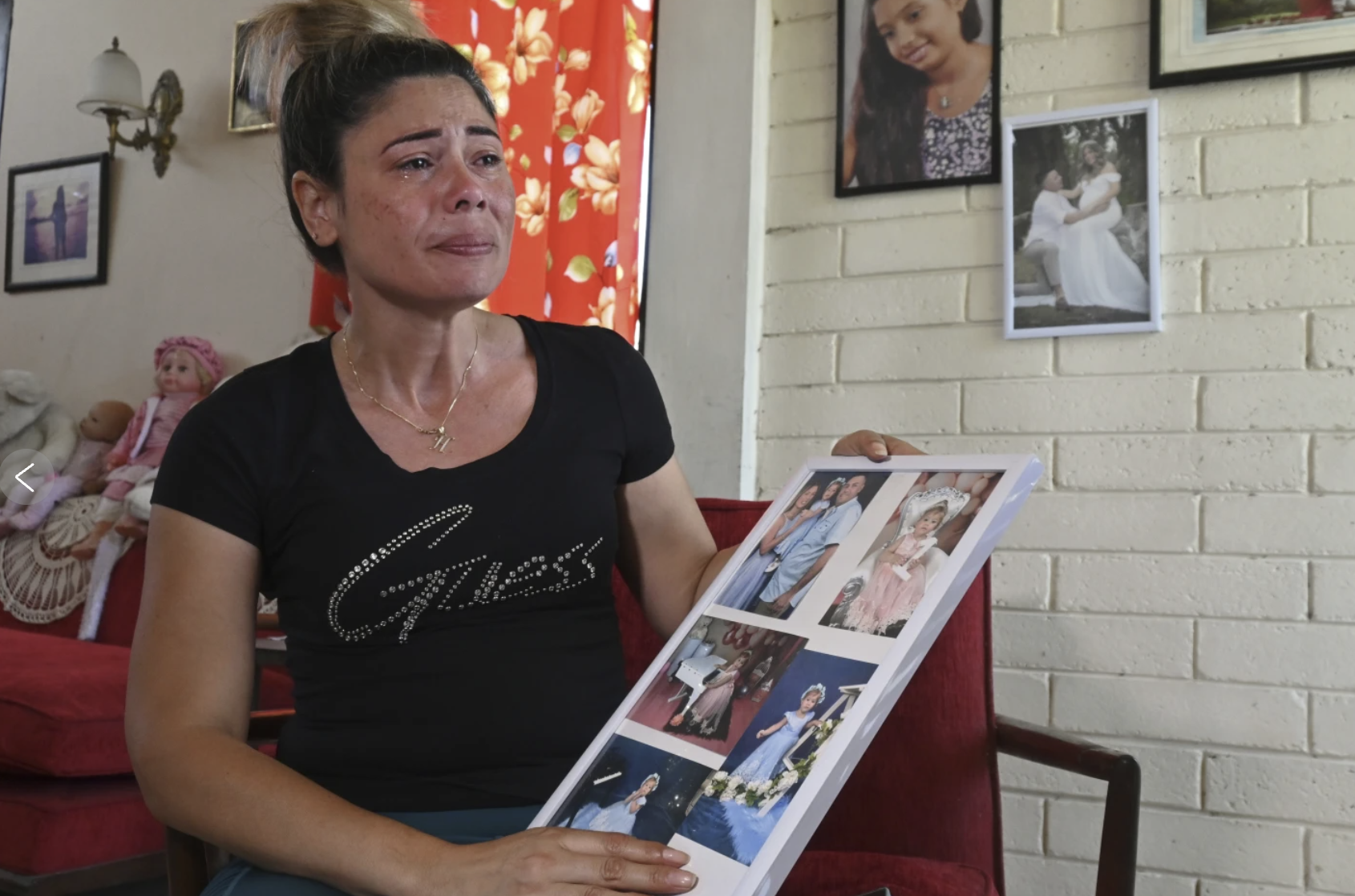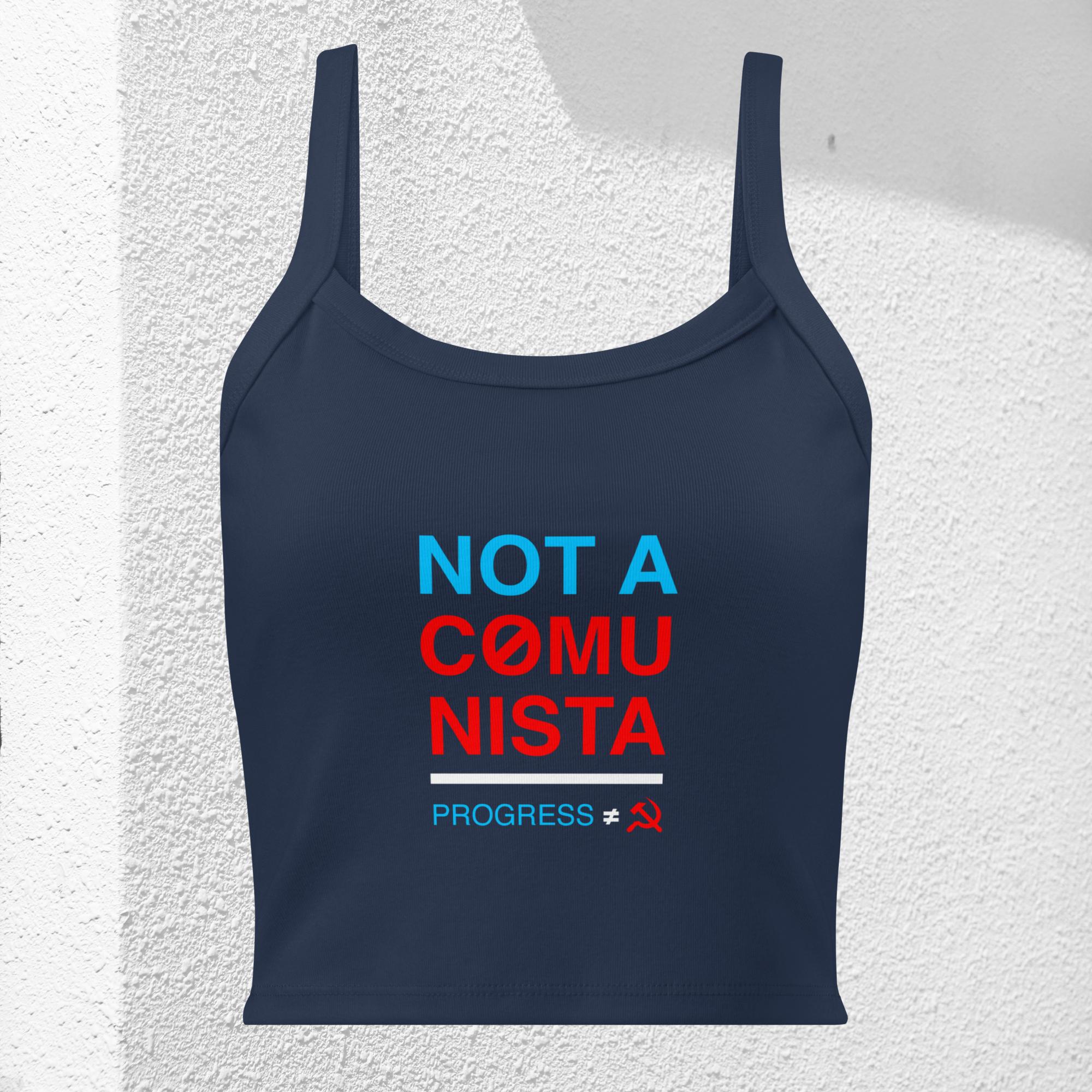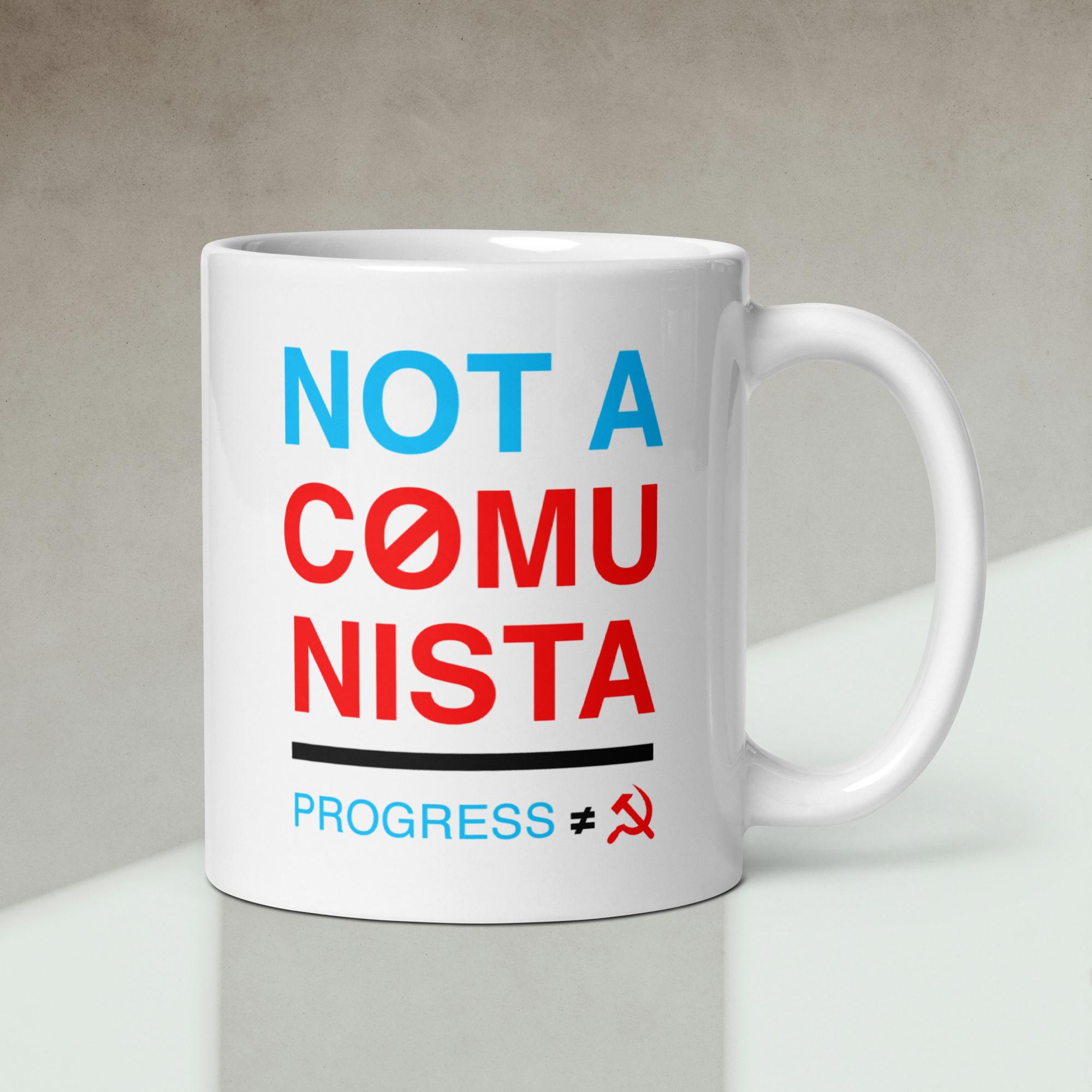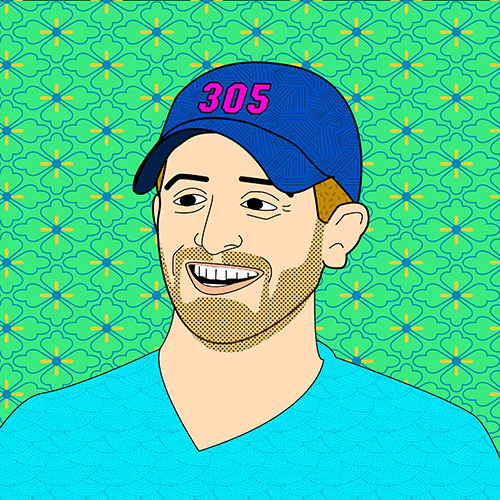When Heidy Sánchez was kidnapped and separated from her one-year-old nursing child during a routine ICE appointment, her own community collectively rose in righteous indignation and anger to do absolutely nothing. Cuban Americans across the country imitated the tens of thousands who protested the U.S. government in 2000 when it kidnapped a 6-year-old child whose mother sacrificed herself to give him a better life by boldly and forthrightly going about their daily lives as if nothing out of the ordinary had happened.
Cuban Americans cruised down roads that protestors blocked 25 years ago with burning tires and human chains after that child was denied asylum. While their antecedents braved tear gas and rubber bullets, contemporary Cuban Americans cranked up the AC and adjusted their sun visors to shade the rising sun’s brutal rays. They then listened to podcasts announcing that—while the Miami Marlins’ highest profile players and coaches refused to play after Elián González was taken from his uncle’s home—today’s franchise lost 5-4 to the Cubs.
Cuban Americans commemorated their parents’ and grandparents’ gut-wrenching decisions to send 14,000 of their unaccompanied children to a foreign country without ever knowing if they’d see them again by valiantly ignoring the fact that ICE is deporting U.S. citizen children with cancer. Later around the dinner table, they sat in solidarity with ICE detainees who received only spoonfuls of food by ordering a dozen rib rolls and a half rack on Uber Eats.
That weekend, Cuban Americans commemorated the armada of civilian vessels that streamed to the port of Mariel in 1980 to transport 125,000 of their compatriots to Miami by sailing their boats to Nixon Beach, idling on the sandbar, and complaining about how the recent Cuban arrivals weren’t anything like them. They then honored the thousands of student protestors Fidel Castro jailed and disappeared after the Revolution by loudly proclaiming their support for a man who routinely jails and disappears student protestors.
José Martí, Antonio Maceo, and the entire pantheon of venerated revolutionary heroes who died fighting authoritarianism, wanton cruelty, and casual dehumanization during the Cuban Wars for Independence could rest easy knowing their examples were fearlessly upheld by their descendants in the United States who’d really rather not be bothered.
If you like our stories, check out The Miami Creation Myth hardcover.




